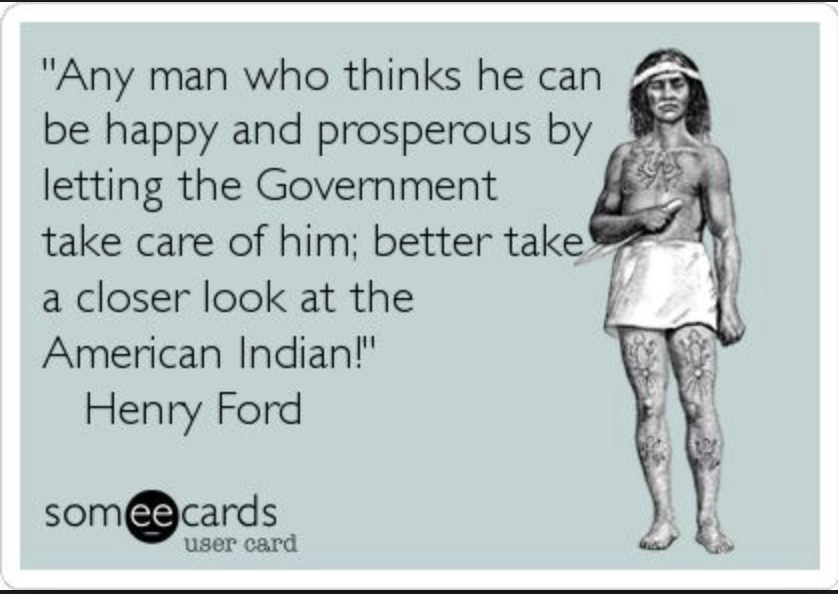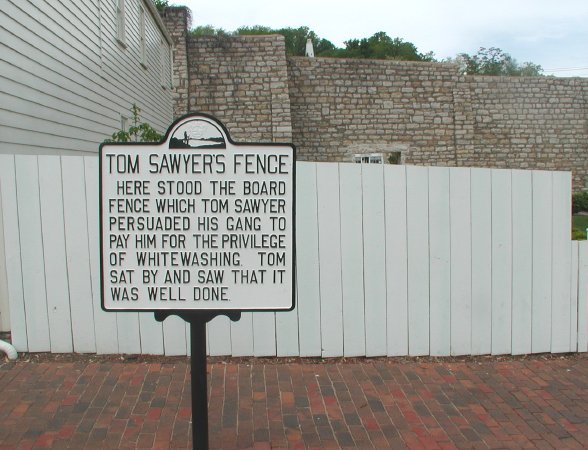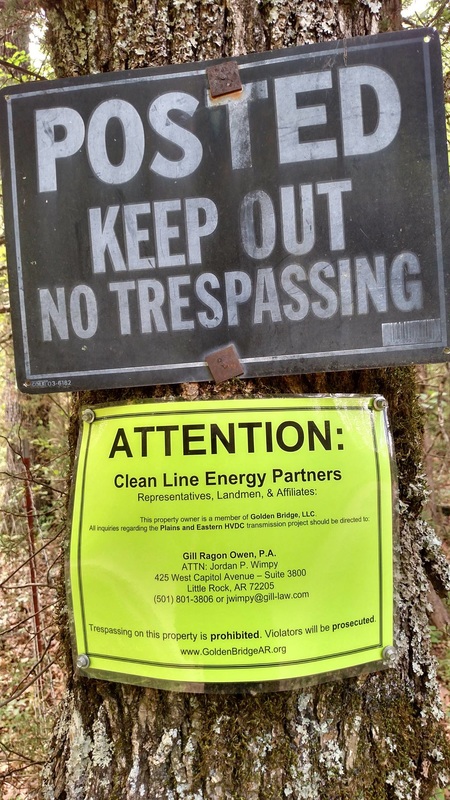Today, the company engineered a press release that says "TRC Supports Clean Line Energy." Who is TRC? Is TRC an elected official? Is TRC a regulator? Is TRC a transmission customer? Is TRC's "support" of Clean Line relevant to Clean Line's regulatory approval, or even the approval of the landowners whose property the project wants to cross?
The answer is none of the above. TRC is Clean Line's newest contractor. In exchange for $12M, TRC says it will, "provide land acquisition services, survey permissions and overall project management for the Plains & Eastern Clean Line transmission project." Of course TRC "supports" Clean Line.... it stands to pocket $12M for its efforts to coerce landowners to sign survey permissions and easement agreements. Does TRC's "support" for Clean Line necessitate YOUR support? Of course not, that's ridiculous!
Clean Line has been resoundingly rebuffed by landowners across its route. So, what's the new plan? Employment of propaganda devices such as testimonial, card stacking, and bandwagon. Oh, whoop-de-doo, Clean Line!
TRC thinks you care if it makes the following statement:
The Plains & Eastern Clean Line is one of the largest clean energy infrastructure projects in the country. It will provide a pathway for 4,000 megawatts of low-cost wind power to be delivered from Oklahoma to the Mid-South and Southeast. The agreement between Clean Line Energy and TRC, which has a major office located in Tulsa, furthers Clean Line's commitment to working with local suppliers.
"Clean Line Energy's mission of building modern energy infrastructure closely aligns with our own core values of sustainability, including our commitment to grow our clean energy services year over year," said Chris Vincze, Chairman and Chief Executive Officer. "The 700-mile transmission line will improve the U.S. electric grid, support economic development and job growth, and make safe, reliable and lower-cost power available to consumers.
And we're just getting started here...
TRC will provide program management, acquisition of environmental and cultural survey consents, and acquisition support. It also will be communicating with landowners across the route to educate them about the benefits of the project.
What's in it for the landowner to sign permissions now? Nothing. Big goose egg. Zero. What's in it for the landowner to sign an easement agreement now? A payment of a small percentage of the easement's value. That's right... Clean Line wants you to sign over your property rights today in exchange for a portion of their monetary value. You give Clean Line permission to use your property today, but they're not going to pay you in full for that permission for up to four years. Landowners would essentially be allowing Clean Line to buy their property rights on the installment plan. Doesn't sound like much "benefit" to the landowner.
And let's talk about Clean Line's "self-policed" Code of Conduct. This document is nothing but window dressing. Since Clean Line is the only party enforcing this worthless document, it can do whatever it wants.
Behold:
Do not represent that a relative, neighbor and/or friend supports or opposes the Project.
Do not suggest that any person should be ashamed of or embarrassed by his or her opposition to the Project or that such opposition is inappropriate.
Do not argue with property owners about the merits of the Project.
But yet, TRC has taken to the media to support the project, and has stated that it intends to "educate landowners about the benefits of the project." That sounds suspiciously like a violation of the Code of Conduct, doesn't it? After all, if a landowner is already educated about the project, any statement by TRC about the project's benefits is by default argumentative. Any statements by TRC that "[t]he 700-mile transmission line will improve the U.S. electric grid, support economic development and job growth, and make safe, reliable and lower-cost power available to consumers," are designed to make the resistant landowner ashamed or embarrassed by his or her opposition to the project and insinuate that such opposition is inappropriate. And it's argumentative.
These people are a day late and a dollar short. The majority of affected landowners are already "educated" about the project and have found that it doesn't provide any "benefits" for them.
You've got to get up pretty early in the morning to fool a farmer. Or a Mayberrian.




 RSS Feed
RSS Feed